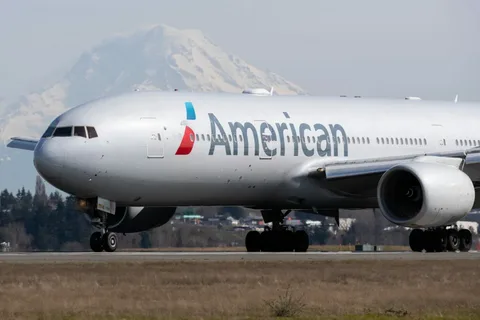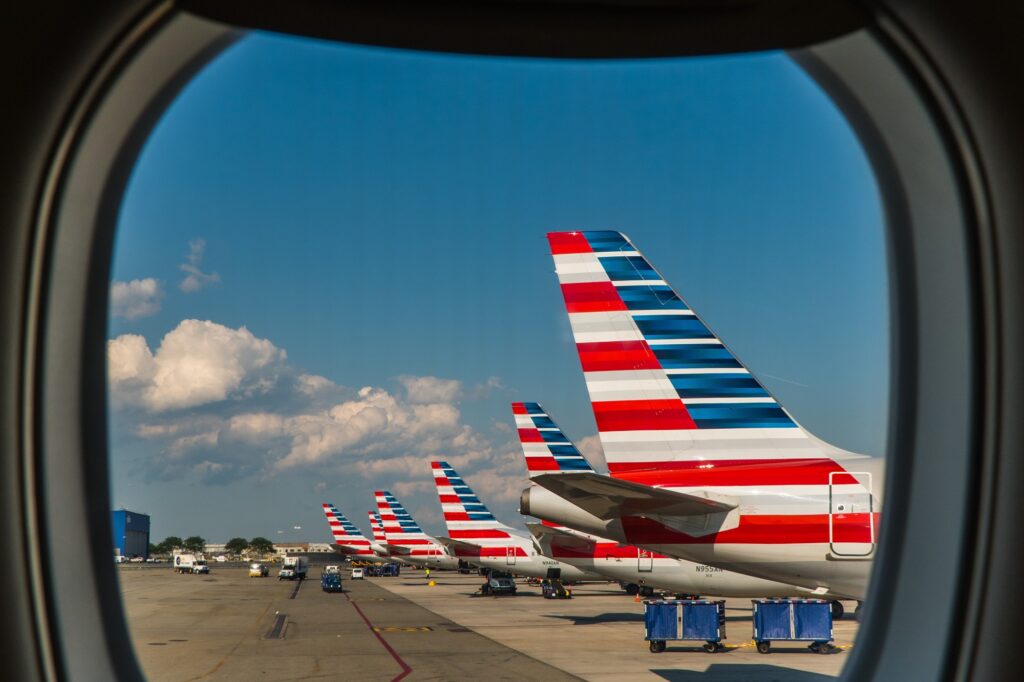Global airlines are increasingly avoiding Middle Eastern airspace following a surge in regional hostilities, putting U.S. carriers at heightened risk from financial and operational disruptions.
Flight Reroutes and Suspensions
Since mid-June, when Israel and the U.S. carried out strikes on Iranian nuclear facilities, major civilian airlines have altered routes to steer clear of conflict zones over Iran, Iraq, Syria, and Israel.
Flights are detouring north via the Caspian Sea or south through Egypt and Saudi Arabia, resulting in longer flights, higher fuel consumption, increased crew costs—and a ripple effect on global flight schedules. Notably, American Airlines and United Airlines have suspended flights to key regional hubs like Dubai and Qatar, while British Airways and Singapore Airlines have temporarily halted departures to Dubai and Doha.


Costs and Economic Fallout

The shift in routing has had immediate financial consequences. U.S. airlines now face ballooning jet fuel costs (with barrel prices nearing $88), longer duty times for crews, and elevated overflight fees.
Analysts warn that carriers could see margins shrink or even dip into losses, as this pattern echoes the post-9/11 airspace closures scenario.
Elevated Risk & Safety Concerns
While there have been no direct threats to commercial flights, aviation risk consultants like Safe Airspace caution that Iran—or its proxy groups—may retaliate against U.S. military interests in the region, raising the spectre of accidental or indiscriminate targeting. Additionally, elevated GPS-jamming incidents have been recorded, adding to the navigation risks .
Broader Regional Impact
This crisis has also taken a toll on global aviation:
- More than 1,800 Europe-bound flights have been affected, including over 650 cancellations, due to Middle Eastern airspace closures.
- Airlines like Air India, Lufthansa, Emirates, and Etihad are navigating around closed corridors, often through Central Asia or the Mediterranean, causing delays and logistical headaches.
- Local carriers in Jordan, Lebanon, and Iraq have cautiously resumed services even as rescue flights attempt to reconnect stranded travelers.
What’s Ahead
With regional tensions unresolved and increased militarization straining aviation lanes, analysts urge continued vigilance. U.S. airlines, already under pressure, may need to hedge financially (e.g. through fuel price protection) and reassess route networks until stability returns. For travelers, staying updated through airlines and tracking tools remains crucial.


